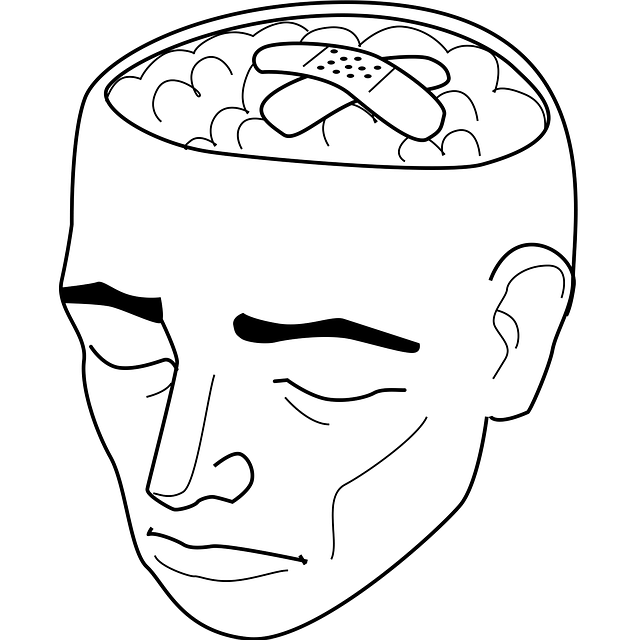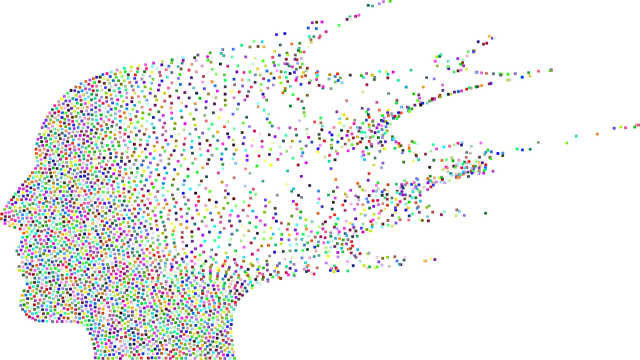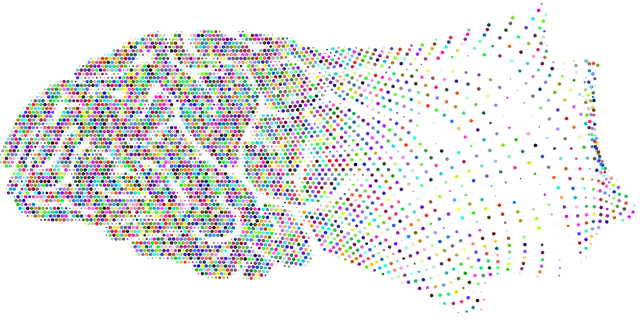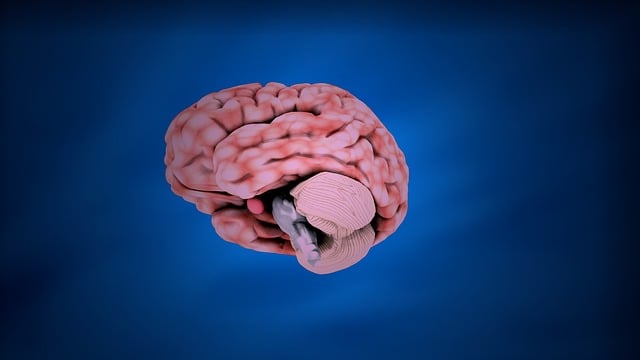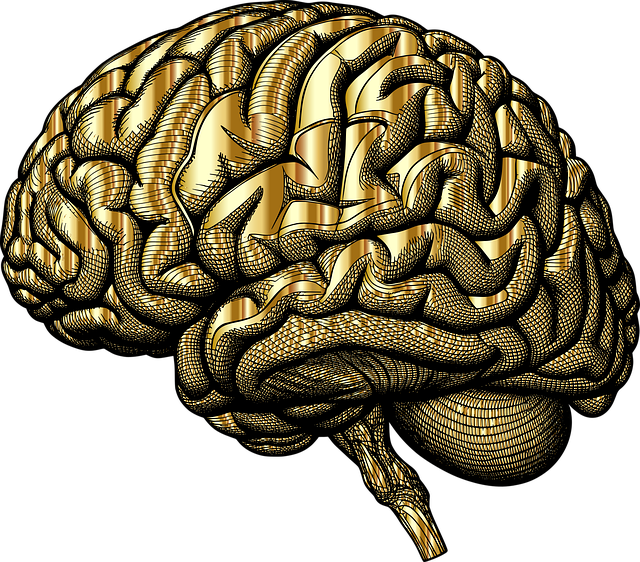In a world with growing mental health concerns, mental wellness coaching is gaining popularity as an accessible and flexible alternative to traditional therapy. This approach focuses on self-improvement, resilience, and coping skill development. Wheat Ridge Grief Counseling Therapy exemplifies this trend, offering support for specific needs like grief management while promoting overall wellness. Combining evidence-based practices with a person-centered approach, it provides a compelling alternative or complement to clinical counseling. By integrating grief counseling and mindfulness meditation tailored to individual needs, the Wheat Ridge Model offers a holistic framework for mental wellness coaching, fostering emotional resilience and addressing underlying emotional challenges.
Mental wellness coaching programs are gaining prominence as a vital tool for fostering resilience and promoting holistic well-being. This article explores the development of such programs, emphasizing their potential impact on individuals seeking support. We delve into the essential components of effective coaching, highlighting the integration of grief counseling techniques, specifically the Wheat Ridge Model, which offers a unique approach to healing. By understanding these elements, professionals can create tailored interventions for mental wellness, addressing complex needs in modern society.
- Understanding Mental Wellness Coaching: A Growing Need
- Designing Effective Programs: Key Components
- Integrating Grief Counseling in Coaching Practice
- Implementing and Evaluating the Wheat Ridge Model
Understanding Mental Wellness Coaching: A Growing Need

In today’s fast-paced world, mental wellness coaching has emerged as a crucial resource for individuals seeking support beyond traditional therapy. This growing need is driven by a rising awareness of the importance of holistic well-being and a recognition that not all individuals respond to or require the structured setting of clinical counseling. Mental wellness coaches offer guidance tailored to an individual’s unique needs, focusing on self-improvement, resilience, and coping skills development. They help clients navigate life challenges, enhance their emotional intelligence, and cultivate a deeper understanding of themselves, thereby fostering better mental health and overall quality of life.
With the increasing prevalence of stress, anxiety, and other mental health concerns, even in seemingly stable environments, the demand for accessible and flexible support has never been higher. Wheat Ridge Grief Counseling Therapy, for instance, demonstrates how specialized coaching can cater to specific needs like grief management while also promoting general wellness. Moreover, crisis intervention guidance becomes increasingly vital as coaches assist individuals in managing acute situations, providing immediate support that can prevent further deterioration. By combining evidence-based practices with a person-centered approach, mental wellness coaching programs offer a compelling alternative or complement to traditional therapy for those seeking to build self-esteem, improve coping skills, and achieve lasting positive change.
Designing Effective Programs: Key Components

Designing Effective Programs involves integrating key components that cater to diverse mental wellness needs. One such crucial element is Wheat Ridge Grief Counseling Therapy, which addresses profound emotional trauma and loss, often integral aspects of overall mental health. This therapy helps individuals process grief, cultivate coping strategies, and enhance resilience, thereby contributing significantly to their long-term well-being.
Additionally, incorporating practices like Stress Management and Mindfulness Meditation can empower participants with valuable tools for navigating daily challenges. These techniques promote self-awareness, emotional regulation, and improved cognitive function, fostering an environment conducive to personal growth and overall mental wellness.
Integrating Grief Counseling in Coaching Practice

Incorporating grief counseling into coaching practices is a significant step towards holistically addressing clients’ well-being. Many individuals face complex emotions and challenges related to loss, whether it’s the passing of a loved one, a breakup, or other traumatic events. Wheat Ridge Grief Counseling Therapy offers valuable tools to help coaches support their clients through these difficult times. By integrating this therapeutic approach, coaches can facilitate meaningful conversations around grief, enabling individuals to process their feelings, gain perspective, and develop coping strategies.
This practice extends beyond traditional coaching methods by recognizing the profound impact of unprocessed grief on mental health. Mindfulness meditation techniques, a key component often taught during such therapy sessions, can be integrated into coaching to enhance clients’ emotional resilience. Moreover, public awareness campaigns development around grief and its various manifestations can empower individuals to seek support, fostering a culture of openness and care, similar to how Social Skills Training helps people navigate interpersonal connections with improved confidence.
Implementing and Evaluating the Wheat Ridge Model

Implementing and Evaluating the Wheat Ridge Model offers a comprehensive framework for mental wellness coaching programs, emphasizing a holistic approach to client support. This model integrates various therapeutic techniques, including grief counseling and mindfulness meditation, tailored to individual needs. By adopting this strategy, coaches can effectively assist clients in cultivating resilience and coping mechanisms, addressing underlying emotional challenges.
The Wheat Ridge method involves a meticulous risk assessment for mental health professionals, ensuring a safe and supportive environment. Through structured assessments, coaches identify clients’ vulnerabilities and strengths, allowing for personalized interventions. Regular evaluations gauge the program’s success, enabling coaches to adapt their strategies and enhance overall client outcomes. This data-driven approach ensures that mindfulness meditation and other therapeutic tools are utilized optimally, fostering positive mental wellness in a dynamic coaching setting.
Mental wellness coaching programs, with a focus on integrating innovative approaches like Wheat Ridge Grief Counseling Therapy, are becoming indispensable tools in promoting holistic well-being. By combining effective components such as tailored interventions and evaluative practices, these programs can significantly impact positive mental health outcomes. As the demand for coaching continues to grow, understanding and implementing these strategies are crucial steps towards fostering resilient and thriving communities.





